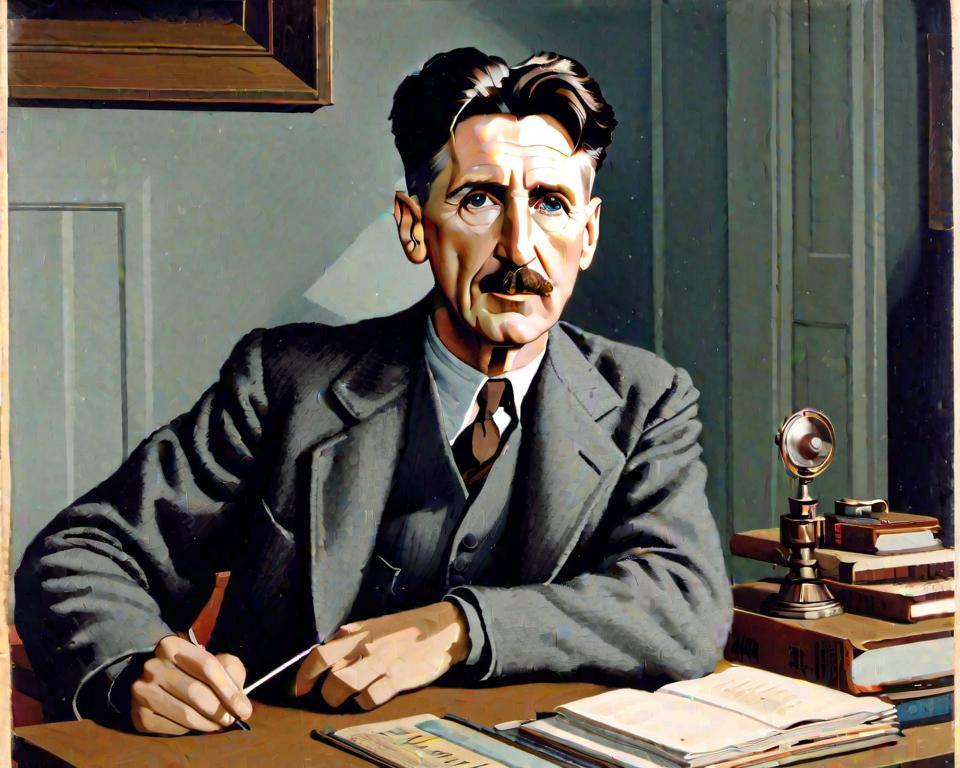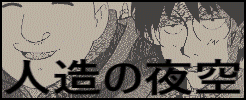George Orwell: A Life in Letters is a 500 page collection of letters by George Orwell.
The subjects covered in Orwell’s letters range from the Spanish civil war to his personal farm. The recipients of these letters include his friends, other writers some of whom were influential at the time, and Orwell’s publishers.
I would only recommend this book to hard core Orwell fans. Orwell is best known as a fiction writer but his non-fiction writing is what I find more interesting. This led me to reading this volume of letters but if you are new to Orwell as a non-fiction writer then you are better off reading the four volumes of The Collected Essays, Journalism and Letters of George Orwell.
There is a lot of repetition in these letters as Orwell relays the same information separately to his numerous friends and acquaintances. Reading this volume helped to shatter the illusion I had built in my mind of Orwell as a solitary writer. To be honest I am not fully invested in the writers that Orwell was invested in which affected how much I could get from this book. For example I have heard Arthur Koestler and his anti-soviet psychological novel Darkness at Noon but I haven’t read it. There are several letters to and from the Koestlers. From these letters it is also clear that Orwell was a fan of George Gissing’s novels but then again I doubt that you have read any of Gissing’s novels.
Some of the personal stuff in A Life in Letters involves women which might be of some interest to some. After Orwell’s first wife died, this left him with a child to look after, and he tried to court a few women but these women were uninterested in reciprocating his feelings until his last two novels sold out. On the other hand most of the personal information in these letters isn’t of much interest to anyone. For example you get a good picture about animal husbandry on the Island of Jura but unless you’re into animal farming I doubt it’d be that interesting. I guess it was included because Jura is where Orwell spent the last period before his death, and where he wrote 1984.
Orwell doesn’t say very much about the contents of 1984 in these letters because like many authors he didn’t want to reveal the contents of his novel until he finished it. Unfortunately he doesn’t say much about 1984 even after its publication, but then again he doesn’t say much about his other novels either. Despite his ill-health there wasn’t any hopelessness and he didn’t seem to expect to die till the very end. The only clue to any influences to 1984 in this book that I could find is when Orwell showed interest in Soviet Lysenkoism which may have inspired the reports of false inflated crop yields in 1984.
Orwell sometimes talks to his friends about his troubles to get his books published and read due to political censorship as well as commercial interest. For example he reveals that the Americans refused to publish Animal Farm because stories about animals were not popular in the US. He complained and was surprised by how Homage to Catalonia did not do well despite the widespread interest in the Spanish Civil war.
Another letter contains Orwell’s list of possible quislings and communist collaborators which he gave to the British government. Some of the people on that list turned out to be soviet spies.
There were few of those characteristically Orwellian sweeping remarks that characterise his essays. One such comment found here was his claim that, for whatever reason in this era all the important cultural figures came out of nations with higher populations. I am not sure if that’s still as true now as it might have been in his time but if there’s any truth to it then nations that do not want to disappear into irrelevance should create an environment geared towards people forming families and having children. That probably isn’t going to happen though because it won’t immediately make money.
This book served as a kind of autobiography, the biggest take away of which was that other than his writing Orwell didn’t lead a particularly interesting life, he just had interesting things to say but a lot of the stuff he did was boring.





